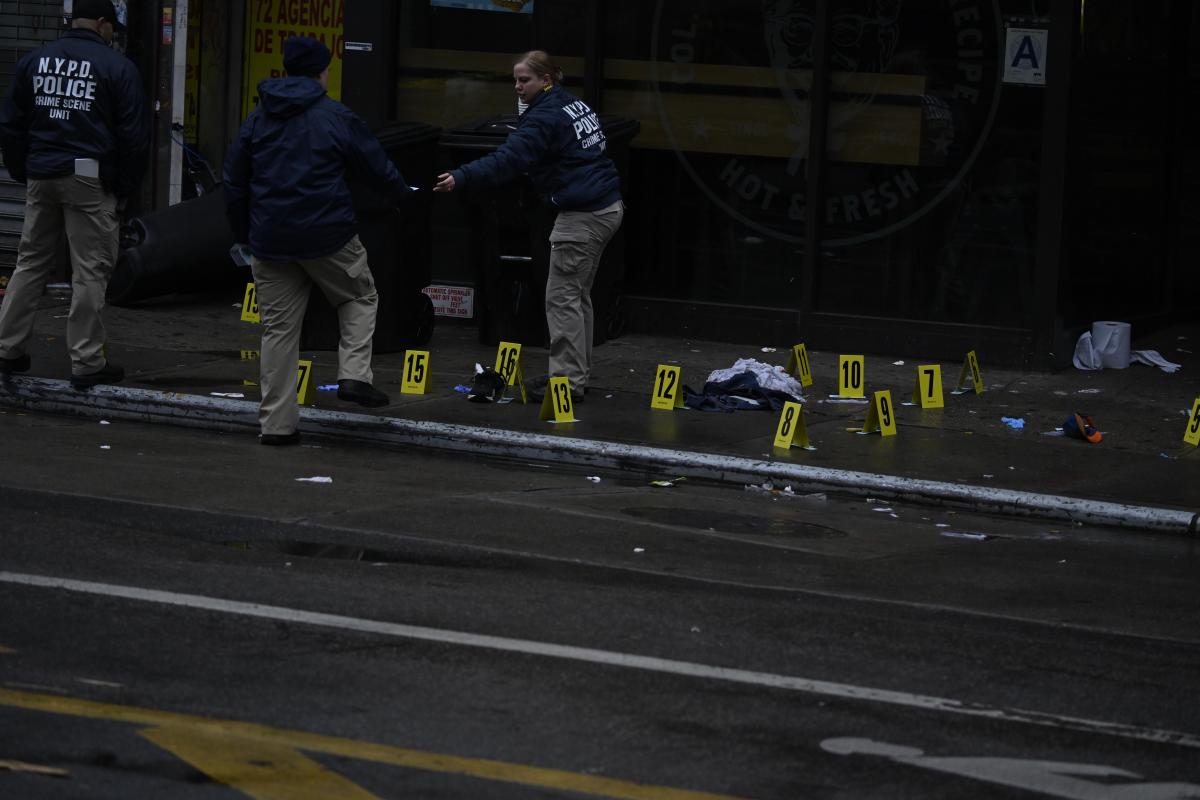By Bob Harris
In 2009, the state Legislature permitted Mayor Michael Bloomberg to keep control of city public schools, but required the city to hold public hearings and provide information on the effect of any closings. A judge in state Supreme Court said this was not done and the state Appellate Court backed the lower court decision.
The United Federation of Teachers and the NAACP had filed the case against closing 19 schools, but previous actions of the city Department of Education made the victory a hollow one. The DOE had sent letters to parents in these 19 schools, saying they were failing and would be closed. They were also told their children could leave these schools. Thus, parents either pulled children out of the schools or did not apply to send their children to these schools.
At a public hearing where the staff and alumni asked for these schools to be kept open, almost everyone spoke for these schools. At the Jamaica High School hearing, staff testified that the DOE had underestimated the graduating rate by more than 11 percent and that the charter school on the top floor had already sent two students to Jamaica HS because they did not have facilities for them. 
While some articles tell of the success of the charter schools created in the past few years, others tell of their lack of success. Some have been closed; some are run by for-profit corporations. Some of our current or former legislators are investors in these charter schools. The business world has realized there is a lot of money invested in schools, what with equipment, books, supplies, cleaning contracts, repairs, jobs, support companies and staff payrolls. Since the law says charter schools cannot be built, the DOE has to close existing schools to provide space.
It is interesting that a school can be on a failing list from the DOE but a passing list according to the state DOE and the reverse is sometimes true. Then there is the problem of where the displaced students from a closed school will go. Charter schools do not want disabled and special education students because it is expensive to provide them services. Some people believe that since there is a lack of seats in the city that these displaced students go to another large high school and cannot succeed there and then that school is considered a failure.
An argument against these so-called successful charter schools is the fact they have few special education or English as a Second Language students. While these schools argue they select from a lottery, if they tell parents they will not have special education facilities, parents will not put their special children in the lottery for that school — hence, the school will attract fewer students who need expensive services and may not have high test scores. These charter schools do not have to follow the same rules regular schools have to follow and there is little or no oversight by education authorities.
I have mentioned in past columns that several decades ago, prior to the UFT forcing the former city Board of Education to limit class sizes, I had taught social studies some terms with 170 to 180 students. What are the registered class sizes in our failing schools which the DOE wants to close? How modern is the equipment? Do they have hi-tech equipment available to students? Some foundations provide all kinds of equipment to charter schools, but the public schools do with what they can get.
The City Council has demanded the DOE fix the “failing” schools and not close them. Since 2002, the DOE has closed 91 schools. They now have a new plan to apply five strategies to make failing schools work. Will these strategies take into account the problems which many students face, such as drugs, alcohol, gangs, dysfunctional families, homelessness, special needs, crime, selling drugs, prostitution, bug- and rat-infested apartments, cultural and language differences, pregnancy, illnesses, low self-esteem, burned-out teachers, supervisors under pressure, poverty, violence, sexual abuse, etc.?
GOOD NEWS OF THE WEEK: There is an understanding that better education is needed for our children and society.
BAD NEWS OF THE WEEK: Problems facing our children and schools are so great there is the tendency to destroy the education system we have, although many “problem schools” do an amazing job.
Correction
Due to an editing error, Bob Harris’ column in the June 24-30 edition incorrectly described the scholarships given out by the Electric Union Local 3 and the United Federation of Teachers. Local 3 handed out 45 scholarships to children of union members, while the UFT hands out 300 scholarships to needy high school graduates from public schools all across the city.































